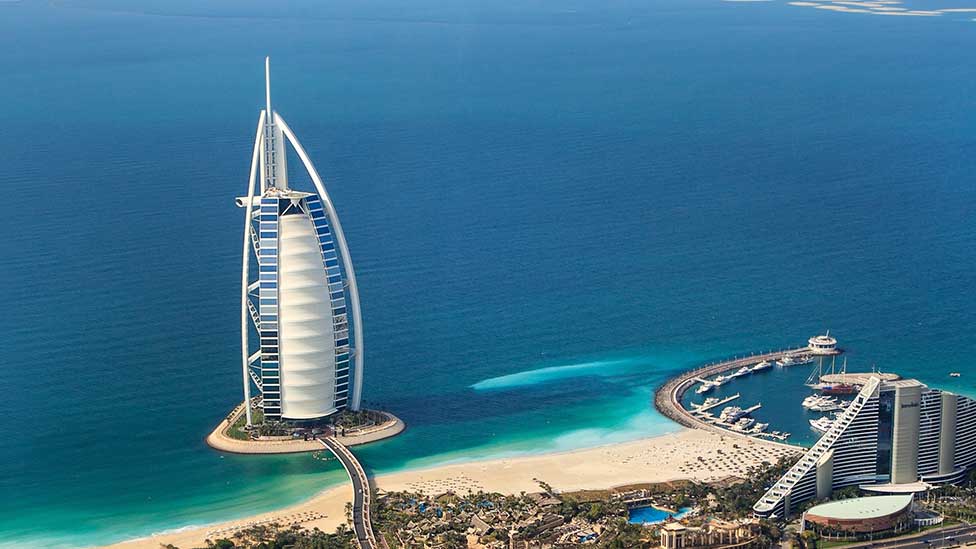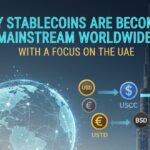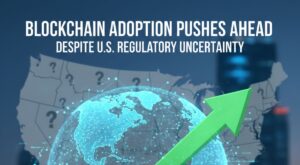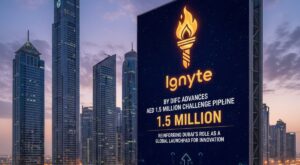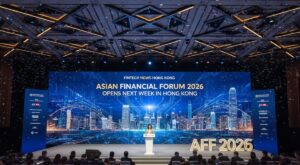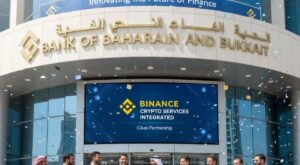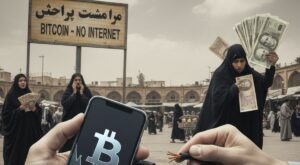Dubai: A groundbreaking initiative that seeks to merge ancient olive farming with modern blockchain technology has been unveiled in the UAE, marking a new chapter in sustainable investment and agricultural innovation.
At an exclusive event held at the Burj Khalifa, the Global Olive Corporation (GOC) revealed its ambitious plan to tokenize 100 million olive trees across the globe. The project begins with over one million trees already planted in Georgia, setting the foundation for a global expansion that blends tradition, technology, and environmental stewardship.
“This is the first time in the world we are tokenizing the olive industry,” said George Svanidze, founder and executive chairman of GOC. “But it’s not only tokenisation. Each tree is given a digital passport—recording the country, the variety, the age, its production, and even carbon data. Everything is fully digitalized.”
A New Asset Class: Trees on the Blockchain
The initiative, branded “Prosperity With A Purpose,” introduces olive trees as a new form of asset, accessible through blockchain tokens. These tokens are designed to connect investors with real-world agricultural production while offering financial returns.
Holders of the tokens, tentatively named Olive Cash, will receive a share of profits generated from olive oil and fruit sales, as well as verified carbon credits. The concept goes beyond profitability, supporting reforestation, afforestation, and land regeneration projects across multiple continents.
The tokens are currently in a pre-launch stage, with the official debut scheduled for Singapore in October. “We’re not selling today—it’s about informing the world of what has been done so far,” Svanidze explained. “We’ve planted over a million trees in Georgia, and we are preparing for what comes next.”
Global Growth Ambitions
The roadmap extends far beyond Georgia. GOC is planning large-scale olive tree plantations in Kazakhstan, Uzbekistan, India, Brazil, Spain, Chile, South Africa, and Saudi Arabia.
Svanidze also revealed intentions to bring the initiative closer to the UAE. “We want to gift olive trees to Dubai’s government and begin planting here as well,” he said, underscoring the symbolic and practical appeal of linking the Middle East to the project.
A Sustainable Investment
According to Svanidze, olive trees are uniquely suited to this form of investment. Hardy and long-lived, they can produce harvests for centuries, with yields steadily increasing during the first 20 years of growth.
“An olive tree is not just symbolic—it is healthy, profitable, and sustainable,” he noted. “This project allows people to invest in an asset that appreciates in value over time while contributing to the greening of the planet.”
Each tree is tied to a unique digital token, supported by real-time monitoring. Advanced sensors and satellite imaging track soil quality, irrigation requirements, tree health, and carbon absorption. This data-driven approach, Svanidze argues, ensures precision in cultivation while enhancing productivity and profitability.
A built-in safety net protects investors: if a tree dies or becomes diseased, GOC replaces it from a reserve stock. “As the tree grows, so does its value,” he explained.
Carbon Credits at the Core
Carbon credits form a central pillar of GOC’s strategy. With governments and companies worldwide under pressure to reduce emissions, the demand for verifiable, nature-based carbon offsets is rising sharply. Each tokenized tree generates credits linked directly to blockchain records, ensuring transparency and traceability.
“When you make the world greener, you get more carbon credits. More fresh air, more health, more hope,” Svanidze said.
Agriculture Meets Technology
By leveraging blockchain and digital monitoring, GOC believes it can revolutionize traditional agriculture. “When you know exactly how much water or fertiliser each tree needs, when disease threatens, or how many workers are required, you can make operations vastly more efficient,” Svanidze explained. “Efficiency boosts productivity, and productivity boosts profits.”
This model also offers investors a rare combination: the security of a tangible, productive asset combined with the transparency and flexibility of blockchain-based ownership.
Challenges and Opportunities
While enthusiasm for the project is growing, questions remain. Can GOC scale to its ambitious goal of 100 million trees? Will investors remain attracted amid the volatility of global crypto markets? And how will this initiative stand apart in a landscape crowded with “green” claims and sustainability promises?
Svanidze remains optimistic. He believes the Middle East, with its growing interest in sustainable finance and climate solutions, is well-positioned to embrace the concept. “We’re having good conversations with governments and investors here,” he said.
Despite uncertainties, he insists the project delivers something rare: authenticity. “We offer something real—something beneficial for the planet, for human health, and for future generations,” he said. “It’s sustainable.”
Looking Ahead
With expansion plans stretching across four continents and preparations underway for the Singapore launch, the Global Olive Corporation is positioning its olive tokenization project as more than an investment opportunity.
It is, in Svanidze’s words, a movement: “We are really planting, really cultivating, really growing this culture in new countries. And now, we are tokenizing it.”

